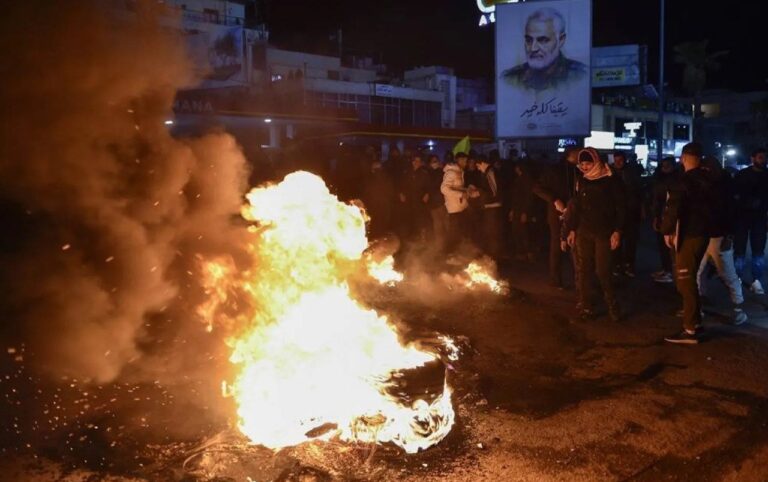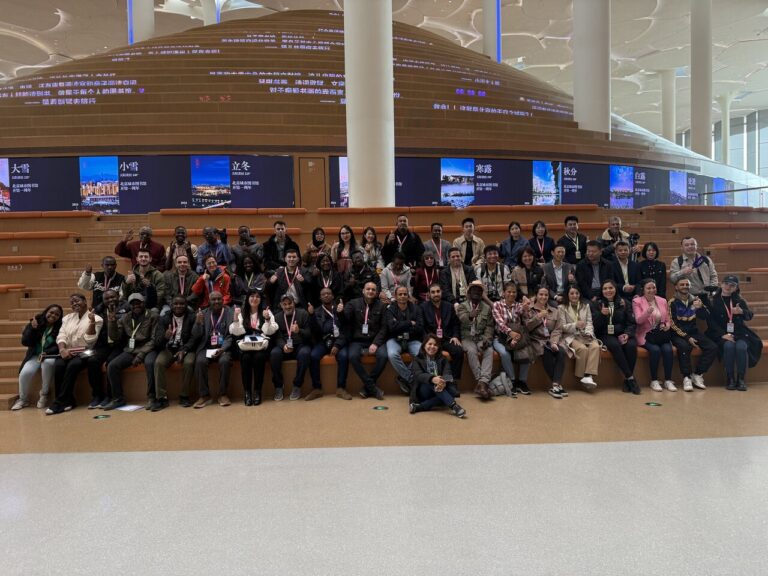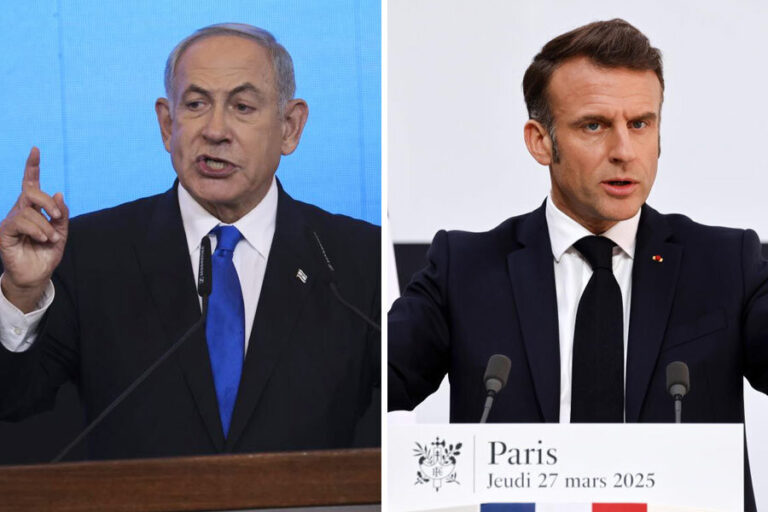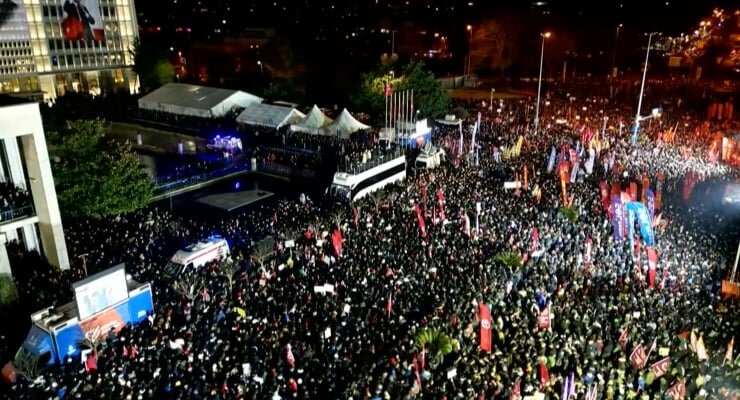Surprising Shift: Anti-Hezbollah Coalition Takes Neutral Stance on Israel!
In recent months, Lebanon has witnessed a surge in political tensions following the Israeli aggression that occurred from September to November. The anti-resistance faction appears increasingly dismissive of significant political matters, particularly those concerning their long-standing conflict with the Israeli occupation. This article delves into the implications of these developments, especially regarding the screening of films featuring Israeli actors and the consumption of Israeli products in Lebanon.
One notable event is the release of the American film Captain America: Brave New World, featuring Israeli actress Shira Haas. Haas portrays Sabra, the head of security for President Thaddeus Ross. The film draws inspiration from an Israeli character endowed with superpowers, depicted in a costume that mirrors the blue and white colors of the Israeli flag. It’s worth noting that Haas previously served in the Israeli army before her medical discharge due to cancer. Following her diagnosis, she volunteered for the military band and theater unit of the Israeli forces.
This situation raises concerns about the potential screening of other films, such as Snow White, which stars former Israeli soldier Gal Gadot. This contrasts sharply with the events of 2016, when the Boycott Israel Campaign in Lebanon successfully halted the screening of Batman v Superman, which also featured Gadot. Similarly, in 2017, the campaign succeeded in prohibiting the screening of Wonder Woman, further demonstrating the effectiveness of public sentiment against Israeli representation in Lebanese media.
The anti-resistance faction seems to overlook the existence of what many Arabs and Muslims view as an illegitimate imperialist entity: Israel. This entity occupies 78% of historic Palestine and has been accused of committing numerous human rights violations, including ethnic cleansing against the Palestinian people. The recent shift in attitude from the anti-resistance team raises questions about their commitment to this critical issue.
Moreover, the anti-resistance team has shown a concerning trend of consuming Israeli products. In the summer of 2024, prior to the recent aggression, a pregnant woman reached out to the Campaign to Boycott Israel in Lebanon, inquiring about the DOONA company, known for producing baby strollers labeled “Made in Romania.” After thorough investigations, it was confirmed that the company supports Israel.
This investigation revealed that the ALKA company, which markets products like Elephant Snacks, is owned by the Israeli Krenzia family. Such discoveries prompted the Campaign to Boycott Israel in Lebanon to alert Lebanon’s Ministry of Economy. The ministry, in collaboration with the General Directorate of General Security—responsible for enforcing Lebanon’s Israel-Boycott Law—was expected to investigate these violations.
Following the ceasefire in November, the Campaign to Boycott Israel in Lebanon reiterated their request for the Ministry of Economy to act on these findings. Director General Mohammad Abu Haidar instructed the ministry to withdraw products from the Romanian company from Lebanese markets. However, the General Directorate of General Security failed to act despite multiple communications from the Ministry of Economy, allowing these products to remain in the market in direct violation of Lebanese laws.
- Political Context: The political landscape in Lebanon is increasingly strained following the Israeli aggression, with the anti-resistance faction showing a lack of regard for significant political issues.
- Film Screenings: The screening of films featuring Israeli actors, such as Captain America: Brave New World and Snow White, has raised concerns among Lebanese citizens.
- Boycott Campaign Successes: Previous efforts by the Boycott Israel Campaign in Lebanon successfully banned notable films starring Israeli actors like Gal Gadot.
- Consumption of Israeli Products: The trend of consuming Israeli products is growing, with significant findings regarding companies linked to Israel.
- Legal Implications: The failure to enforce Lebanon’s Israel-Boycott Law raises questions about accountability and compliance with national regulations.
In conclusion, the political climate in Lebanon is evolving, with the anti-resistance team displaying a troubling disregard for historical and humanitarian concerns related to Israel. The implications of these actions extend beyond the realm of cinema and delve into the very fabric of Lebanese society and its political affiliations. Ongoing vigilance by organizations like the Campaign to Boycott Israel remains crucial in addressing these challenges and ensuring that Lebanese laws are upheld.






